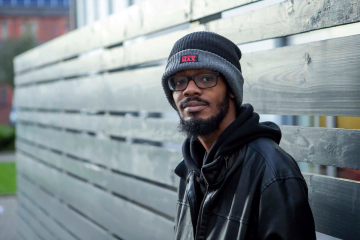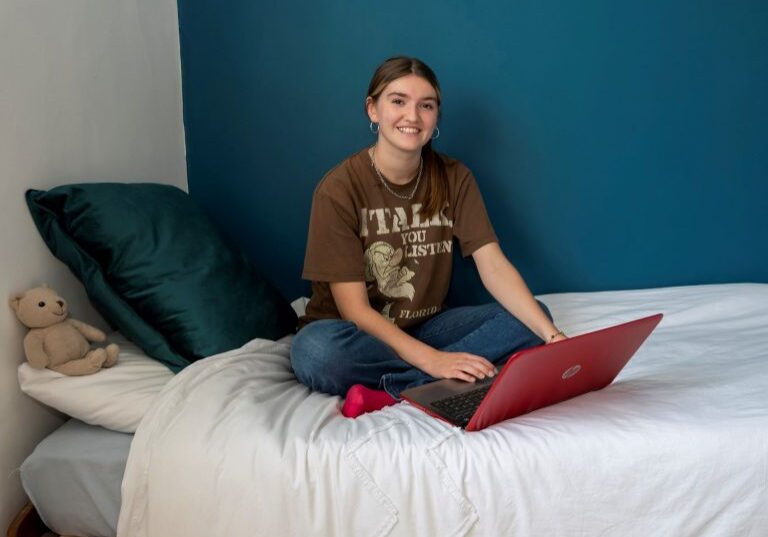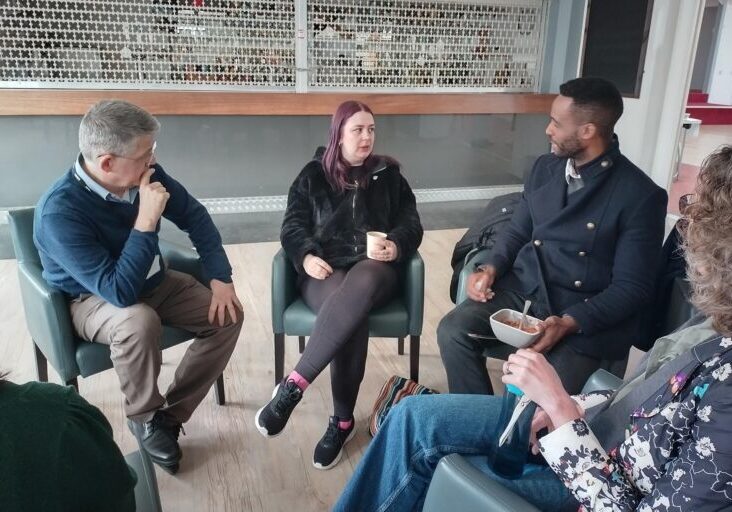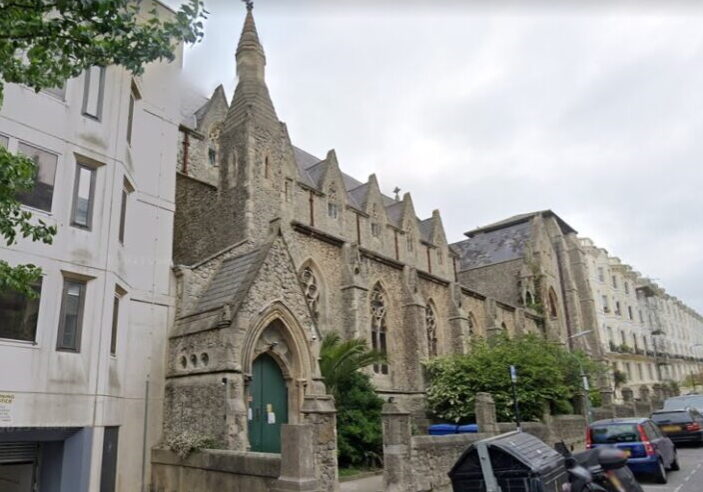Transforming Young Lives
We believe every young person has the right to discover their potential. Sadly, many don't have that opportunity.
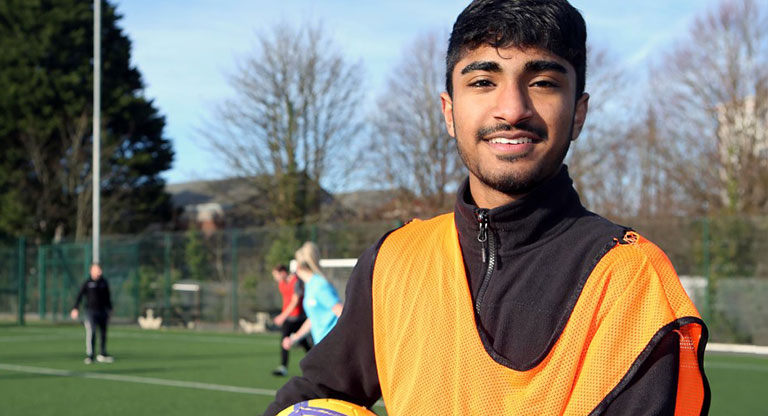
Transforming Young Lives
We believe every young person has the right to discover their potential. Sadly, many don't have that opportunity.
Every night...
we give a safe home to more than 650 young people facing homelessness in Sussex and Surrey
Each Year...
we prevent crisis by providing support and advice to 9,000 young people across Sussex and Surrey
We are...
the largest provider of mental health services and counselling for children, young people & families in Sussex
How you can help
Who your donations support




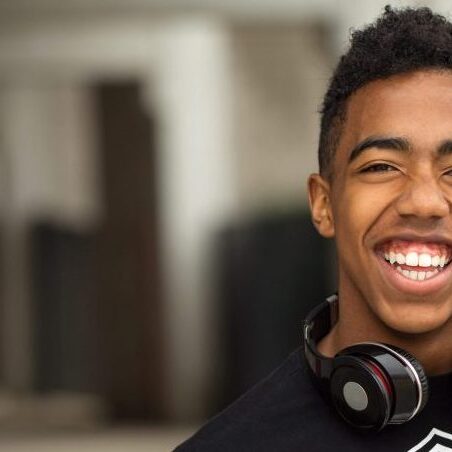
Why we need your help
1 in 55
young people are homeless or at risk of becoming homeless
69% cuts
to local youth services, leaving young people with lack of support & fewer prevention services
1 in 6
children & young people are thought to have a probable mental health condition
*stats refer to data collected from across the UK
YMCA DownsLink Group is a charity that works to prevent youth homelessness across Sussex and Surrey. Through our youth advice centre, community and school counselling services, family mediation and other services, we provide additional support to 9,000 children, young people and families each year. Our aim is to prevent young people from reaching crisis and to support them at this crucial stage in their lives so that can fulfil their potential.
Other ways to get involved

YMCA DownsLink Group is committed to safeguarding and promoting the welfare of children, young people and vulnerable adults.

By volunteering for YMCA DownsLink Group will you gain experience, learn new skills and meet some great people.

By partnering with us, your business will be driving positive and lasting change for young people in your community.
Latest news and blogs
Room Sponsorship
YMCA DownsLink Group’s mission is to prevent youth homelessness and transform the lives of vulnerable young people across Sussex and Surrey. Each night, we […]
Youth Council x Board of Trustees ‘MashUp’
‘Friendly’ and ‘welcoming’ was the verdict of Tashi, Cree and Georgia after their meeting with the YMCA DownsLink Group Board of Trustees last week.
St Patrick’s Adult Hostel in Hove
Statement from YMCA DownsLink Group: Closure of St Patrick’s Adult Hostel in Cambridge Road, Hove.
